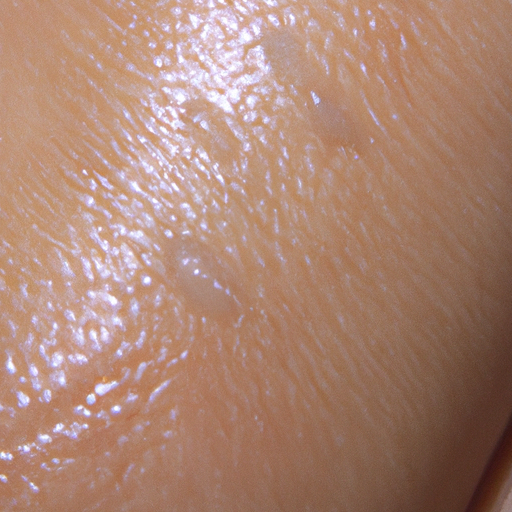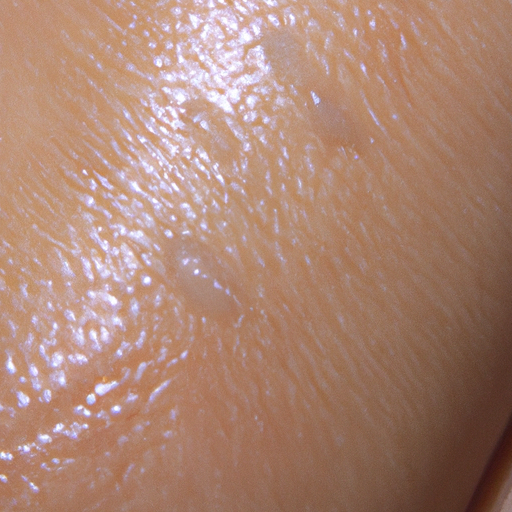As a medical professional, I often encounter patients who are battling with oily skin. This condition, known as seborrhea, is caused by excessive secretion of sebum, an oily substance produced by the sebaceous glands in the skin. Although sebum plays a crucial role in protecting and hydrating the skin, its overproduction leads to an oily sheen, clogged pores, and often acne. The good news is that with the right skincare routine and lifestyle changes, you can manage oily skin effectively. Here is your ultimate guide to tackling oily skin.
Firstly, it’s essential to cleanse your skin regularly but avoid overdoing it. Washing your face more than twice a day can strip your skin of its natural oils, causing your sebaceous glands to produce more sebum. Choose a gentle, oil-free cleanser specifically designed for oily skin. These products contain ingredients like salicylic acid or benzoyl peroxide that help break down excess oil without drying out your skin.
Secondly, make sure to moisturize daily. It may seem counterintuitive to apply moisturizer on oily skin, but skipping this step can actually make your skin produce more oil. Opt for oil-free, non-comedogenic moisturizers that hydrate your skin without clogging your pores.
Exfoliation is another crucial step in managing oily skin. Exfoliating once or twice a week helps remove dead skin cells that can clog pores and increase oil production. However, be careful not to over-exfoliate as it can irritate your skin and trigger more oil secretion.
In addition to these skincare steps, consider making dietary changes. Foods high in sugars, fats, and dairy products can stimulate oil production. Incorporating more fruits, vegetables, whole grains, and lean proteins into your diet can help balance your skin’s oil levels.
Stress management also plays a significant role in controlling oily skin. Stress hormones like cortisol can stimulate oil production. Regular exercise, adequate sleep, and relaxation techniques such as yoga or meditation can help manage stress levels and, in turn, reduce oil production.
Lastly, always protect your skin from the sun. Sun damage can lead to an increase in oil production and cause other skin problems. Use a broad-spectrum sunscreen with an SPF of at least 30 and wear protective clothing when you’re out in the sun.
In some cases, oily skin may be due to an underlying medical condition like Polycystic Ovary Syndrome (PCOS) or hormonal imbalances. If you’ve tried multiple remedies and your oily skin persists, it’s best to consult a dermatologist or a healthcare professional. They can help identify any underlying issues and provide appropriate treatment.
Remember, everyone’s skin is unique, and what works for one person may not work for another. It may take some trial and error to find the right products and routine for your skin. But with patience and consistency, you can effectively manage oily skin and banish that unwanted shine.




